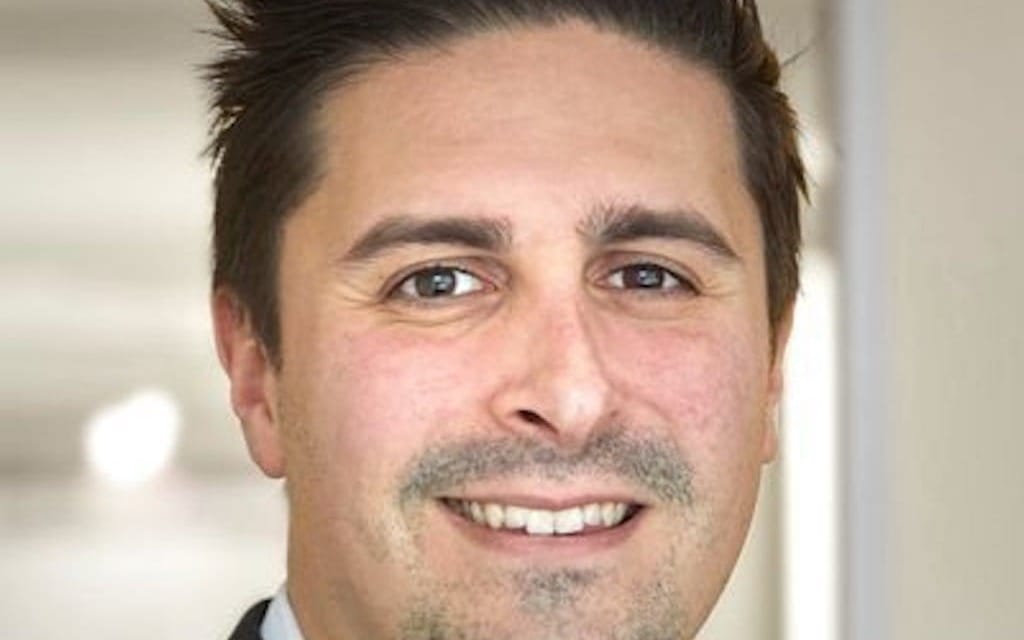To Fix the Digital Divide, The Great Can’t Be the Enemy of the Good
Given all of its successes, reauthorizing the ACP should be a no-brainer.
Joel Thayer

Most are usually surprised to hear that 42 million Americans do not have access to broadband given the Internet’s ubiquity. Adults on the wrong side of the digital divide cannot access remote education, learn of and apply for employment opportunities, conduct a video visit with their physician, or digitally connect to loved ones that live far away (or even read their child a bedtime story when traveling or on the job).
Worse, access to broadband is now a key indicator of economic opportunity. As studies have consistently shown, a lack of broadband can perpetuate the cycle of poverty.
Thankfully, Congress passed the bipartisan Infrastructure Investment and Jobs Act in 2021, which provided a historic $65 billion investment to ensure the digital divide is a thing of the past. Part of that investment included the Affordable Connectivity Program, which was administered by the Federal Communications Commission. The ACP provided low-income families and veterans with a $30 voucher to purchase broadband services and $100 to purchase computers or tablets.
ACP numbers dramatically exceed those of Lifeline
The program was a success. At its peak, the ACP covered over 23 million households. Better yet, roughly 20% of enrollees were ones that did not have broadband before the ACP’s implementation. Think about that. This means that the ACP is responsible for adding millions of new broadband users in under three years; that’s a triumph!
Even Lifeline—an FCC program that also provides subsidized telephony and broadband services to low-income individuals—hasn’t come close to achieving the same results as the ACP in terms of connecting new users. And that program has been around since 1985.
How did ACP do what Lifeline couldn’t?
Most importantly, the ACP put consumers in the driver’s seat by allowing recipients to choose the best provider for them. In that same vein, the program permitted a wide array of ISPs, even satellite providers, to participate in the program. In contrast, Lifeline only permits the few that can meet the FCC’s archaic and overly burdensome “Eligible Telecommunications Carrier” standard.
But here’s the rub—the FCC, as of June 1, 2024, ran out of funds to keep the ACP going. This means that all of the gains we made in narrowing the digital divide can be effectively undone, leaving millions of low-income families and veterans in the lurch if they want to continue using the services. While some providers have agreed to handle the full financial burden, but they can only do that for so long before the monetary strain becomes untenable.
Congress will need to step in to revive the ACP
Given all of its successes, reauthorizing the ACP should be a no-brainer. This is especially true when one considers that the ACP also enjoyed broad bipartisan support amongst likely voters. According to a national survey of 1,000 registered voters, a large majority of voters (79%) support continuing the ACP, including 62% of Republicans, 78% of Independents, and 96% of Democrats. Similar majorities also hold for urban, suburban, and rural households, who all support ACP by 73% or more.
And yet, Congress has still not authorized more funding for the program.
So what gives?
Unfortunately, it comes down to details on reforms. To name a few, some members are concerned with the ACP’s rather expansive eligibility, which may lead to more wasteful spending. Also, some argue that there is a lot of abuse of the program given the self-certification model that some providers used.
Here’s the good news: All of these reforms are not just doable, but they are largely bipartisan. To help Congress along, the FCC’s Inspector General issued a report that targets specific areas where the program can be more efficient. Ryan Tracy of New York University’s Center on Technology Policy also proffered some compelling solutions where Congress can come to the table. Tracy notes that Congress can fix the eligibility issue and found areas where the subsidy was less useful, particularly with respect to the device subsidy. Point being is that there is clearly a path forward and it looks like both parties are willing to make the necessary reforms.
Too many American families and veterans relied on the ACP for Congress to let the great be the enemy of the good. It is all the more reason for Congress to negotiate in good faith on reforms to save this incredibly important program.
Joel Thayer is president of the Digital Progress Institute and an attorney based in Washington, D.C. The Digital Progress Institute is a nonprofit seeking to bridge the policy divide between telecom and tech through bipartisan consensus. This Expert Opinion is exclusive to Broadband Breakfast.
Broadband Breakfast accepts commentary from informed observers of the broadband scene. Please send pieces to commentary@breakfast.media. The views expressed in Expert Opinion pieces do not necessarily reflect the views of Broadband Breakfast and Breakfast Media LLC.











Member discussion